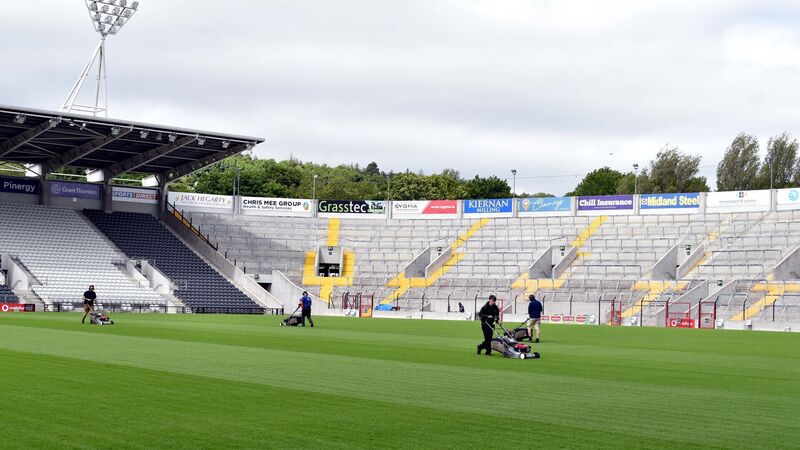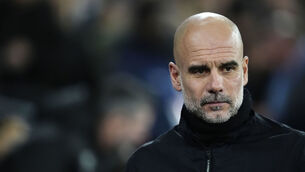Kieran Shannon: Rugby in Páirc Uí Chaoimh is a celebration of Cork's sporting heritage

CELEBRATION: Thursday night rugby in the Páirc isn’t sacrilege. Instead it’s a celebration of Cork GAA and Cork sport and a proper reflection of the sporting heritage and true generous nature of its people. Pic: Mike English.
Back when Cork were routinely contesting and even winning All-Irelands in what you might term either code, their players and management teams would tap into other codes and the generosity and expertise of fellow high performers from their own county.
Upon Conor Counihan’s invitation, Ronan O’Gara dropped in to observe the county footballers – or more specifically their freetakers – train, and offer tips to the likes of Daniel Goulding, Donncha O’Connor and Colm O’Neill on how to practise for the kind of pressure they’d face and conquer against Dublin and Down in the business end of the championship in 2010.









